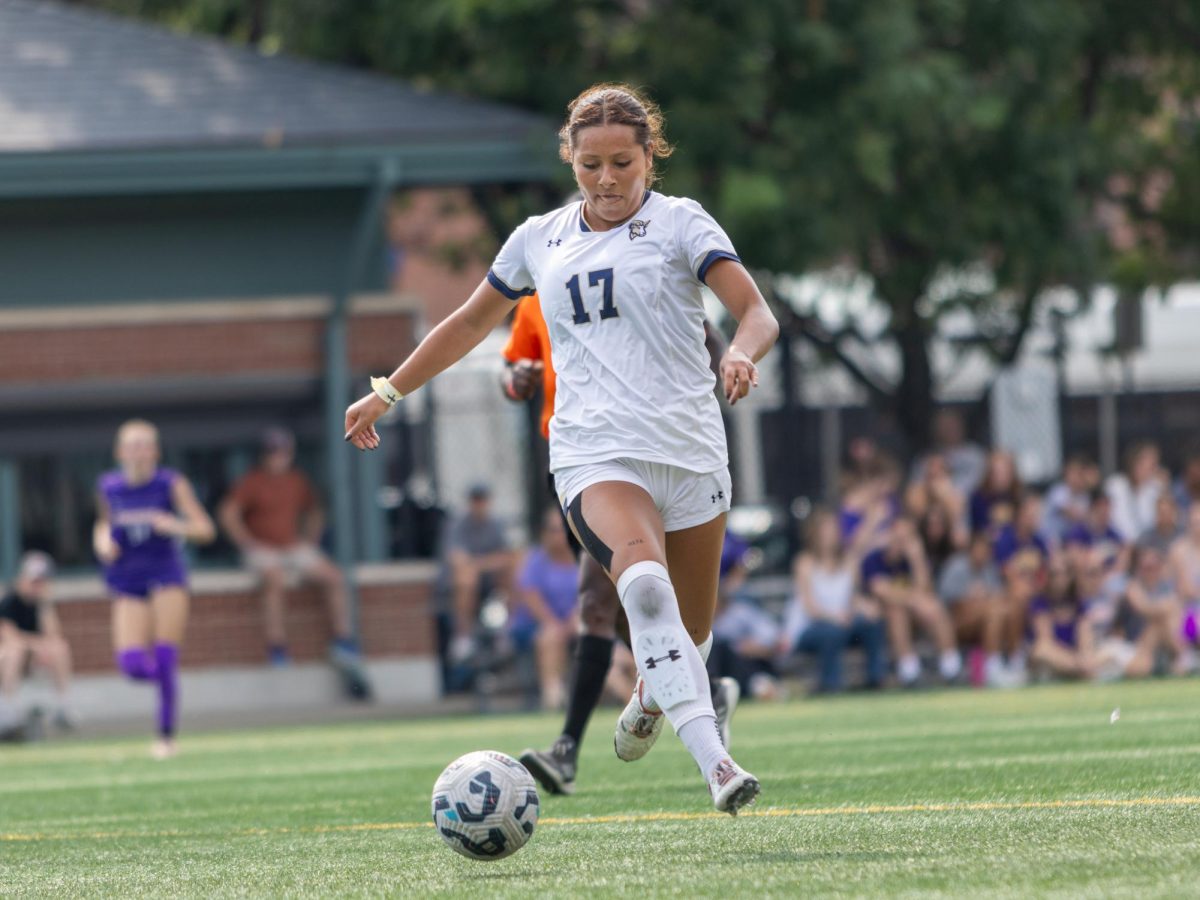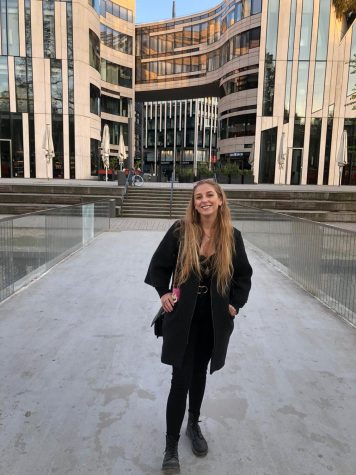Ramadan, the ninth month of the lunar calendar of Islam, is one of the most sacred times for Muslims, focused on fasting, prayer and reflection.
Muslims throughout the world fast during this month to commemorate the first revelation of the Quran to Muhammad. This yearly practice is observed by all healthy adults and is considered one of Islam’s Five Pillars.
Ramadan is commonly associated with the fasting of food and drinks from sunrise to sunset, but it is much more than that. Practicing Muslims also abstain from habits likesmoking, drinking, arguing, gossiping and sexual relations.
It’s a time for practicing Muslims to let go of worldly desires, to display strength and perseverance and to reflect, pray and focus on their connection with Allah.
Youssef Kosta, an economics major at the University of Massachusetts Boston, said Ramadan is more than just a time to fast.
“I’ve been abstaining from all sin to the best of my ability and trying to make myself a better person overall by doing random acts of kindness and doing charity work,” said Kosta.
Kosta added that he prioritizes taking care of his health, both physically and mentally, throughout Ramadan.
“Taking care of my mental health and strengthening my mindset [involves] going to the gym often, and setting a schedule or routine for myself that allows me to be productive but also actively partake in practicing my religion,” he said.
Muslims typically wake up early in the morning, before dawn, to eat a substantial meal, called Suhoor, that will keep them fed throughout the day.
If possible, Muslims break their fast with a dinner with friends and family after sunset, known as Iftar, because Ramadan is traditionally a time to build family and community connections. Because some students may not be able to spend this time with their loved ones, the Interfaith center in Sawyer 823 is hosting several joint Iftars during Ramadan this year.
The City of Boston also hosted a community Iftar April 6.
The Interfaith Center at Suffolk University seeks to meet the needs of Muslim students during this holy month, according to the Reverend Amy Fisher, Suffolk University’s Chaplain and director of the Interfaith Center.
“Being the only Interfaith Center at any school in Boston is so important,” said Fisher, who caters to the needs of students of all religions and works to build a space where everyone can practice their religion on campus.
The Interfaith Center Ablution Area offers a gender-inclusive space for students to wash up before they carry out the five daily prayers Muslims are required to do.
The center also provides water and dates at sunset every evening as that is what the breaking of the fast entails. While many students commute to university, this offers those living on campus or who have class when the sun sets the ability to break their fasts on time.
“Dates and water; that’s what the breaking of the fast entails. In the commentary of the Quran, which is the holy book, it is listed that the prophet Muhammad ate an odd number of dates. So that’s provided in the Interfaith Center every night,” said Fisher.
The main room of the Interfaith centers offers praying rugs that point into the direction of Mecca, decorated with the 99 names of Allah and a Quran. The Muslim Student Association at Suffolk meets every Monday at 4 p.m. to support each other and provide resources.
The Interfaith Center also provides resources for restaurants with halal options close to Campus and the dining halls offer halal meals, containing halal chicken and halal beef, for Muslim students.
The next joint Iftar will take place on April 13 at 7 p.m. in the Interfaith Center.
Julia Capraro contributed to the reporting of this article.















Amy L. Fisher • Apr 12, 2023 at 9:00 am
Great article!
Ramadan Mubarak!
The Reverend Amy L. Fisher